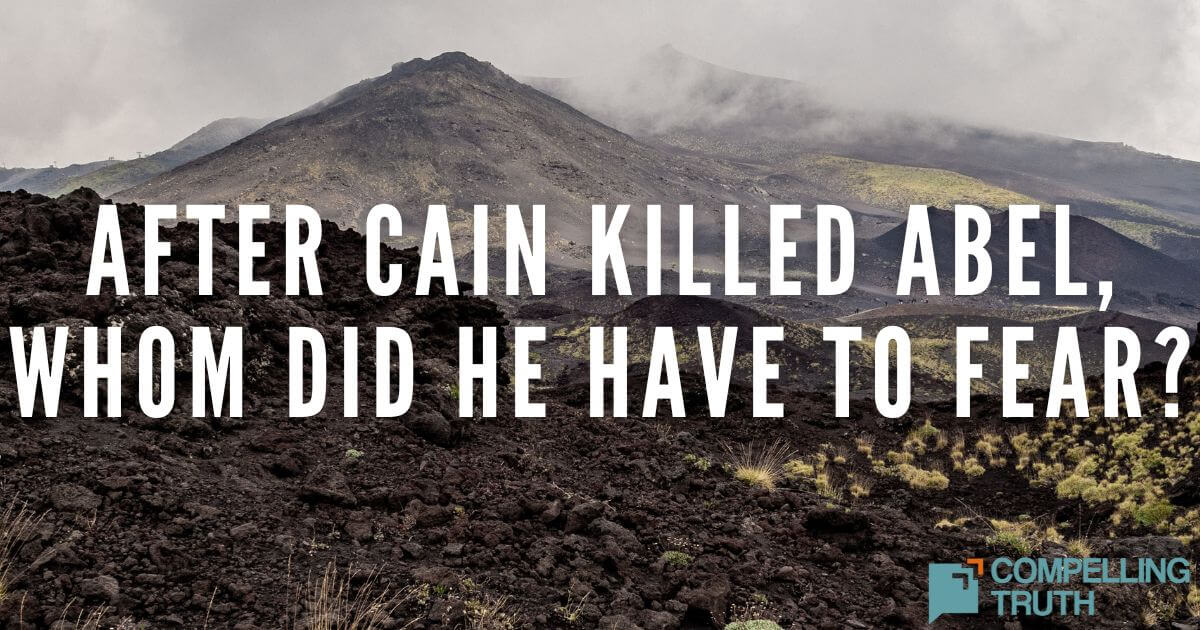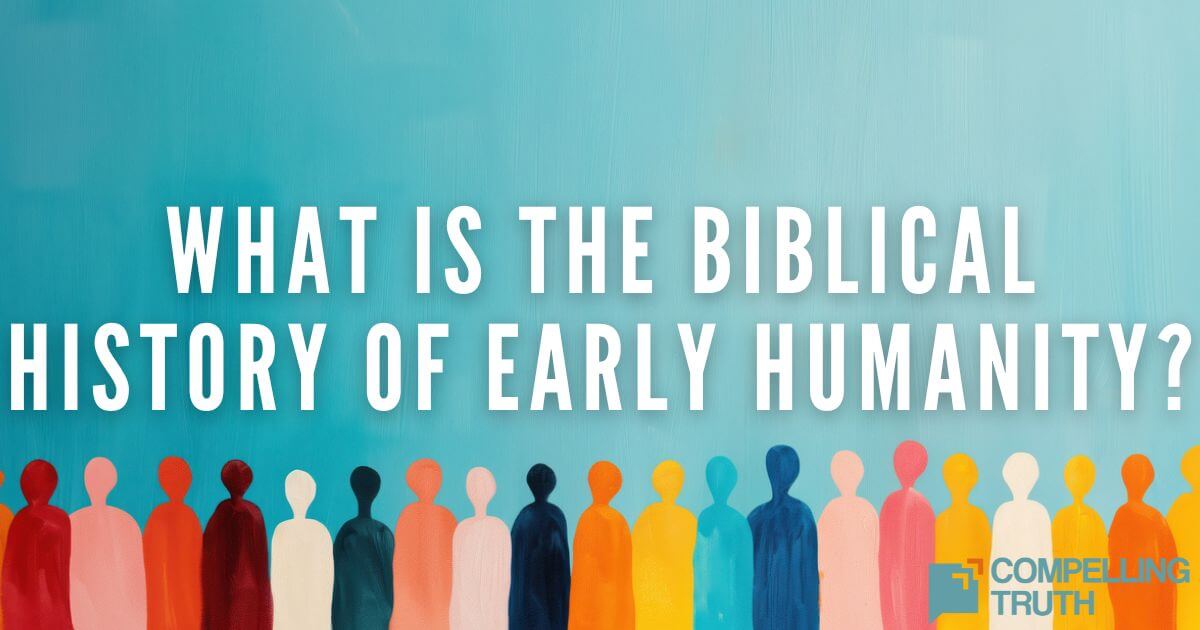Abel is the second named son of Adam and Eve and Cain’s brother. His offerings were acceptable to God, while his brother’s sacrifices were not. In anger, Cain killed Abel—the first murder in the Bible. God punished Cain for his sin, yet He also brought redemption through the son born to Adam and Eve after Abel's death—Seth. Abel is considered righteous, and his faith made him a true worshiper of God. His righteousness is an example to us, and his death foreshadowed Jesus’ innocent blood that was shed for us.
Abel was a righteous man who obeyed God. The genuineness of his faith in God was revealed by his actions. In the same way, our actions reveal the state of our hearts. By faith we please God (Hebrews 11:6) and worship Him in spirit and in truth (John 4:24). Although we might experience persecution for our faith, as Abel did (John 15:20; 2 Timothy 3:12), we can trust that God knows our hearts (1 Samuel 16:7) and will judge evil rightly. Abel’s death and shed blood serves as a type and shadow of the death and shed blood of Jesus, who was also murdered as an innocent man.
Jesus’ blood "speaks a better word than the blood of Abel" (Hebrews 12:24). While Abel’s blood cries out for justice, Jesus' blood provides the justice for sins by rescuing mankind from the penalty of their own sins (Isaiah 53:5). The sacrifices Abel gave were temporary, but Jesus' sacrifice is permanent. Jesus did not stay dead; He was resurrected and lives today. Jesus has conquered sin and death, and His shed blood is the sacrifice that provided salvation, once and for all (Hebrews 9:14; 1 John 1:7).
Through the story of Abel, we see that even when things go horribly wrong, God's plan continues. God continued a righteous legacy through Seth and his offspring. God promised a Savior after Adam and Eve sinned (Genesis 3:15), and that Savior is able to bring redemption and justice to every dark situation (Romans 3:24–26; Ephesians 1:7; Colossians 1:14).




